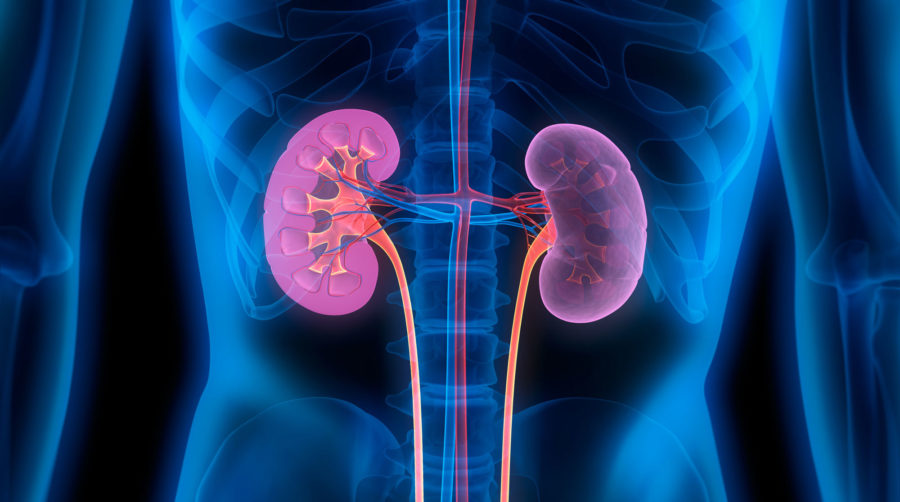
A specialty of Dr. Sloan and his team, nephrology, is the diagnoses and treatment of diseases of the kidneys, including caring for patients who need dialysis. Many diseases of the kidneys are systemic, meaning they involve the kidneys and other organs such as Diabetes Mellitus or Hypertension. The kidney is very important for regulating your blood pressure and electrolytes.
What is kidney disease?
Frequently referred to as chronic kidney disease (CKD), is the gradual loss of kidney function. Your kidneys filter waste products, toxins, electrolytes, and excess fluids from your blood, which then leave your body through urine. When chronic kidney disease reaches advanced stages, dangerous levels of waste products, toxins, electrolytes, and fluid can build up in your body. The only way to remove them maybe through dialysis or having a kidney transplant. When your kidneys do not work right it puts stress on your cardiovascular system which increases the risk of dying or having a stroke.
What are symptoms of kidney disease?
Chronic kidney disease develops over time and progresses slowly. Signs and symptoms include: nausea, vomiting, loss of appetite, fatigue, weakness, sleep problems, changes in how much you urinate, decreased mental sharpness, muscle twitches and cramps, swelling of feet and ankles, persistent itching, chest pain (if fluid builds up around the heart), shortness of breath (if fluid builds up around and in the lungs), and high blood pressure that is hard to control.
What is dialysis?
Dialysis is a treatment that assists the body to do the work of healthy kidneys, but it does not completely replace what your remarkable kidneys do. A person may need other medicines to help do this.
What does dialysis do?
When the kidneys fail, dialysis maintains your body’s balance by removing waste products, toxins, excess electrolytes, and extra water. It helps keeps a safe level of potassium, sodium, and bicarbonate, as well as helps control blood pressure.
What is edema?
Edema is swelling caused by excess fluids trapped in the body’s tissues. It is mostly seen in the extremities. However, it can impact any part of your body. It can be a sign of kidney damage.
What are the symptoms of edema?
Swelling or puffiness of the skin in your legs and arms, stretched or shiny skin, increased abdominal size, and skin that retains a depression after being pressed for several seconds. Pulmonary edema is when there is increased fluid in the tissues of the lungs. This can result in shortness of breath and fatigue.
What are kidney stones?
Kidney stones are hard deposits made of minerals and salts that form in your kidneys.
What are the symptoms of kidney stones?
Severe pain in the back, below the ribs; pain that radiates to the lower abdomen and groin; pain that comes in waves and fluctuates in intensity; pain with urination; pink, red or brown urine; cloudy or foul-smelling urine and fever and chills if there is an infection; urinating small amounts and urinating more often, usually with nausea and vomiting.

